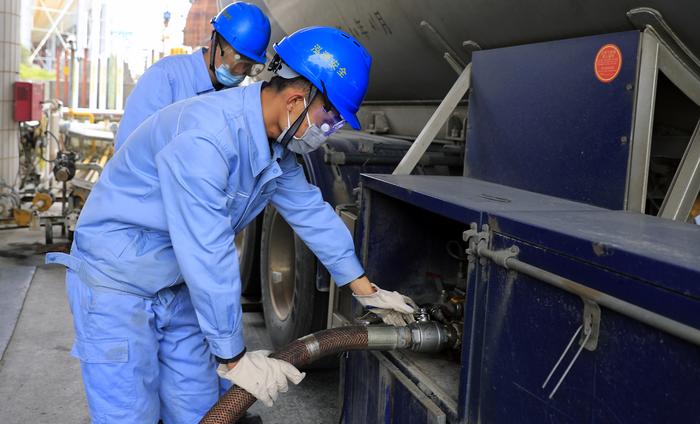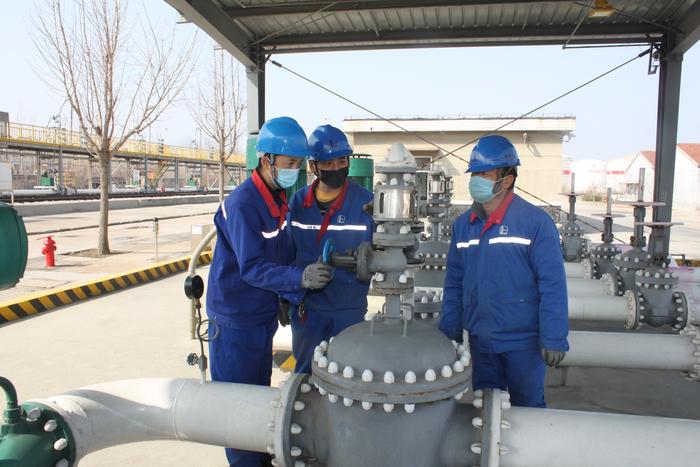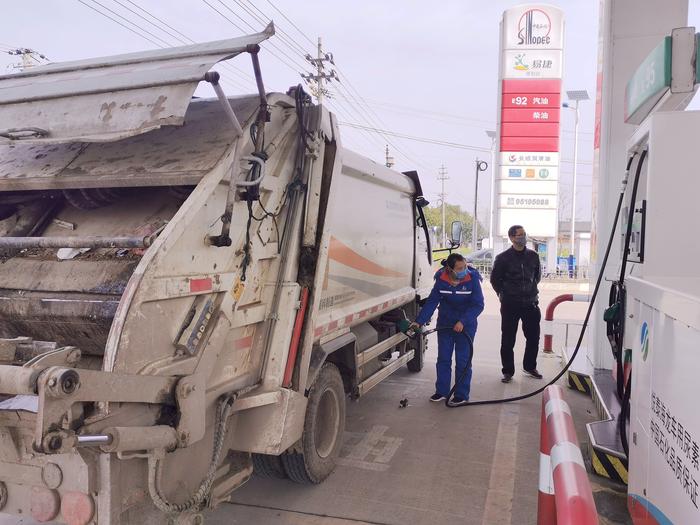|
| 2020-04-03 来源: 中国石化新闻网 |
| 石化新闻 |
中国石化新闻网讯 据路透社4月2日报道,国际能源署(IEA)在一份报告中表示,石油需求危机将波及全球石油供应链的各个环节,并可能对能源行业的其他领域造成影响。 随着全球燃料消耗量的大幅下降,石油价格暴跌。欧佩克产油国和俄罗斯结束减产,导致原油供应过剩,进一步加剧了油价下行的压力。 原油价格在经历历史上最大的跌幅后,这个石油市场动荡的一季度终于结束,3月份油价下跌了约55%,创历史最高纪录。周一,油价也跌至2002年以来的最低水平。 IEA表示,全球每天开采的石油约500万桶,其溢价不足以抵消开采成本。加拿大西部石油生产商可获得的价格已降至个位数,北美部分地区其他油品出现了“负价格”。石油生产商的应对措施是大幅削减新的生产支出,最初的削减幅度为2020年计划支出的20%-35%。 IEA此前曾估计,2020年某些石油生产国的净利润将较2019年下降50%至85%,但根据当前需求冲击的程度,降幅可能会更大。许多石油巨头都将重新评估它们现有的投资组合,这可能导致另一波炼油厂关闭潮。 王佳晶 摘译自 路透社 原文如下: Oil market shock to spill over into global supply chains - IEA The global crisis caused by the coronavirus pandemic will be felt throughout oil's global supply chains and ripple into other parts of the energy sector, the International Energy Agency (IEA) said in a report bit.ly/39BUOdA on Wednesday. Oil prices crumbled as the pandemic slashed global fuel consumption, with further pressure from a supply shock due to the end of production cuts from OPEC producers and Russia. Crude oil prices ended a volatile quarter with their biggest losses in history, and declined about 55% in March, the most on record. Prices also plunged to their lowest level since 2002 on Monday. About 5 million barrels of oil extracted worldwide every day are not attracting high enough premiums to offset the costs of extracting it out of the field, according to the Paris-based IEA agency. Prices available to producers in Western Canada have dropped to single digits, and instances of negative prices have also emerged in parts of North America for other grades, IEA said in the report. Oil producers have responded by implementing major reductions to their spending on new production, with the initial cuts in the 20%-35% range relative to what was previously planned for 2020, the report said. IEA had earlier estimated 50%-85% drops in net income for selected producer countries in 2020, compared with 2019, but these declines could be even greater depending on the extent of demand shock. Many oil majors will re-evaluate their existing portfolios, possibly leading to another wave of refinery closures. |








